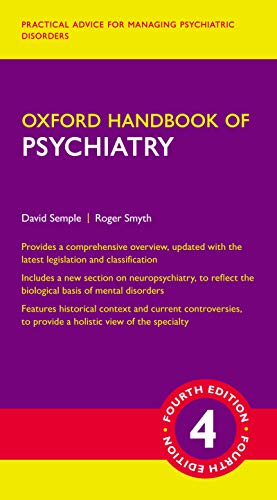Περιγραφή
This book integrates philosophy of science, data acquisition methods, and statistical modeling techniques to present readers with a forward-thinking perspective on clinical science. It reviews modern research practices in clinical psychology that support the goals of psychological science, study designs that promote good research, and quantitative methods that can test specific scientific questions. It covers new themes in research including intensive longitudinal designs, neurobiology, developmental psychopathology, and advanced computational methods such as machine learning. Core chapters examine significant statistical topics, for example missing data, causality, meta-analysis, latent variable analysis, and dyadic data analysis. A balanced overview of observational and experimental designs is also supplied, including preclinical research and intervention science. This is a foundational resource that supports the methodological training of the current and future generations of clinical psychological scientists.
- Integrates philosophy of science, data acquisition methods, and statistical modeling techniques
- Supplies clear links between conceptual underpinnings, study design, and analysis
- Provides a forward-thinking perspective on the rapidly changing landscape of clinical science
Περιεχόμενα
Section I. Clinical Psychological Science: An Evolving Field:
1. Trends in the evolving discipline of clinical psychology
2. Defining and refining phenotypes: operational definitions as open concepts
3. Building models of psychopathology spanning multiple modalities of measurements
Section II. Observational Approaches:
4. The conceptual foundations of descriptive psychopathology
5. Survey and interview methods
6. Psychometrics in clinical psychology research
7. Latent variable models in clinical psychology
8. Psychiatric epidemiology methods
Section III. Experimental and Biological Approaches:
9. Conceptual foundations of experimental psychopathology: historical context, scientific posture, and reflections on substantive and method matters
10. A practical guide for designing and conducting cognitive studies in child psychopathology
11. Peripheral psychophysiology
12. Behavioral and molecular genetics
13. Concepts and principles of clinical functional magnetic resonance imaging
14. Reinforcement learning approaches to computational clinical neuroscience
Section IV. Developmental Psychopathology and Longitudinal Methods:
15. Studying psychopathology in early life: foundations of developmental psychopathology
16. Adolescence and puberty: understanding the emergency of psychopathology
17. Quantitative genetics research strategies for studying gene-environment interplay in the development of child and adolescent psychopathology
18. Designing and managing longitudinal studies
19. Measurement and comorbidity models for longitudinal data
Section V. Intervention Approaches:
20. The multiphase optimization strategy for developing and evaluating behavioral interventions
21. Future directions in developing and evaluating psychological interventions
22. Health psychology and behavioral medicine: methodological issues in the study of psychosocial influences on disease
Section VI. Intensive Longitudinal Designs:
23. Ambulatory assessment
24. Modeling intensive longitudinal data
25. Modeling the individual: bridging nomothetic and idiographic levels of analysis
26. Social processes and dyadic designs
27. Models for dyadic data
Section VII. General Analytic Considerations:
28. Reproducibility in clinical psychology
29. Meta-analysis: integration of empirical findings through quantitative modeling
30. Mediation, moderation, and conditional process analysis: regression-based approaches for clinical research
31. Statistical inference for causal effects in clinical psychology: fundamental concepts and analytical approaches
32. Analyzing nested data: multilevel modeling and alternative approaches
33. Missing data analyses
34. Machine learning for clinical psychology and clinical neuroscience












